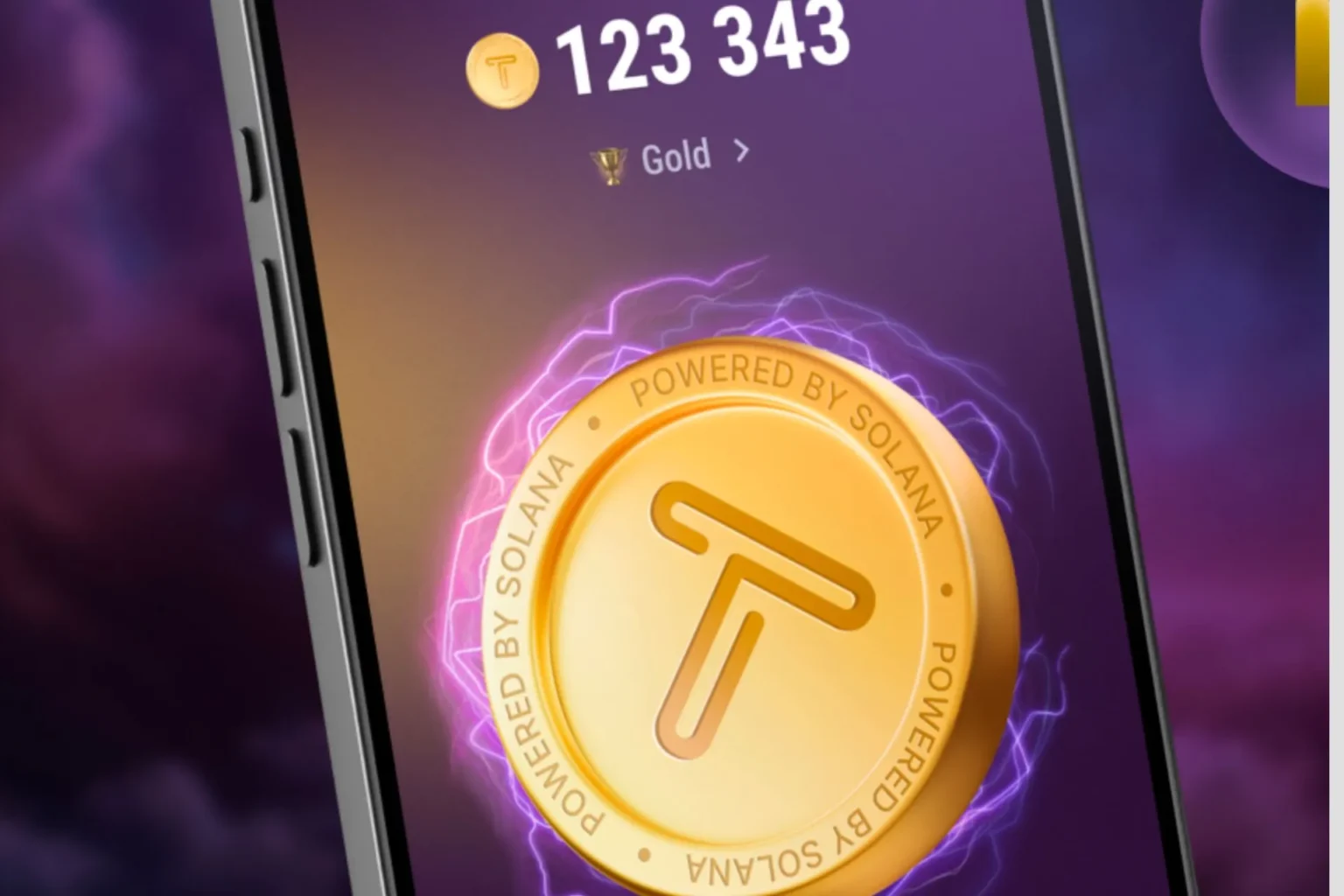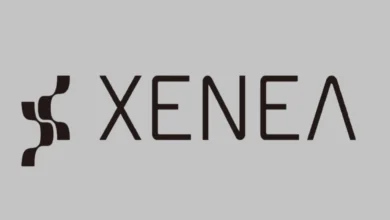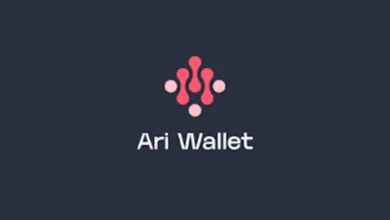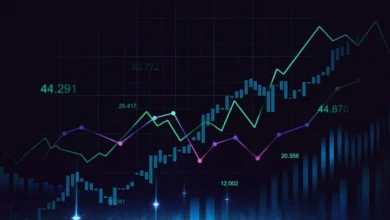
What Are Prediction Markets?
Prediction markets are decentralized platforms where contracts are traded by individuals, with their payoffs depending on future events. Events can include elections, economic indicators, or even sports results and scientific discoveries.
In a way, a prediction market is a collective representation of wisdom, as it allows users to place their stakes on outcomes, thereby creating a real-time public consensus regarding what might happen.
These markets work in much the same way as stock exchanges, where participants buy and sell shares that stand for the occurrence of particular outcomes.
The price at which a share trades is interpreted as the market’s estimate of the probability of the occurrence of the outcome. A share will pay one unit of value if the event occurs and zero if it does not.
The Value of Collective Intelligence
One of the most interesting facets of prediction markets is their accuracy. Unlike in polls or expert panels, prediction markets provide incentives for being correct. Those who make accurate predictions receive monetary benefits, and those who are wrong lose money.
Such an incentive scheme leads to extremely accurate predictions in many cases. There have been numerous research studies proving that prediction markets can give results far more accurate than traditional methods of forecasting, including expert opinions.
Usually, traders put their money down on an expected outcome only after researching and analyzing the information available. This encourages more careful participation and leads to the enrichment of the aggregated insights.
Use Cases Across Industries
Prediction markets have a variety of applications, ranging across several fields:
- Politics: Early indicators of presidential elections or legislative decisions.
- Finance: Interest rate changes, stock market movements, and economic indicators such as inflation.
- Sports: Estimations for large-scale tournaments and championships.
- Technology and Innovation: Timeline predictions for new product launches or success assessments for tech startups.
- Healthcare and Sciences: Predictions of clinical trials’ results or another level of medication checks.
In other words, the prediction markets are perhaps the best forecasting tool in ever-changing environments.
Blockchain and the Future of Prediction Markets
Traditional prediction markets have long suffered from centralization, regulation, and censorship. But now, thanks to blockchain technology, the scene can support trustless, open, and secure prediction markets.
Smart contracts automate prediction market creation and settlement to ensure fairness without requiring intermediaries. Now, participants can trade anonymously via cryptocurrencies, with new markets created nearly instantly and with minimal costs.
Decentralized platforms such as Augur, Polymarket, and Gnosis have paved the way in this area, establishing ecosystems in which people can create and trade predictions in a decentralized manner. These platforms offer users a wide range of subjects to interact with markets in a secure and censorship-resistant way.
How Markets Are Created and Settled
An event is chosen, outcome possibilities are defined, and the result is verified for creating a prediction market. For instance, a market could be created to predict whether a certain piece of legislation will be passed before a certain date.
Once the event takes place, an oracle or external source of data confirms the actual result, and the payouts occur automatically via smart contracts.
Since these platforms function on a public blockchain, all trading, market creation, and resolutions are transparent and can be audited.
Challenges and Considerations
Despite their advantages, prediction markets face the following challenges:
- Regulatory Risks: In some cases, prediction markets are considered gambling and are constrained by the law in some jurisdictions.
- Manipulation: If markets are not deeply liquid, they may become subject to manipulation by wealthy individuals or organized groups.
- Information Asymmetry: Some of the users may know information that is not public, making it unfair.
To address these drawbacks, platforms are increasingly applying decentralized governance models, which involve the community in the creation or resolution of markets and rely on trustworthy data oracles to verify outcomes.
Global Reach and Community Engagement
Due to the nature of decentralized prediction markets, they are accessible from virtually anywhere in the world. This worldwide participation is further infusing diversities of views into the market and hence boosting the accuracy of the market. Participants in these platforms include enthusiasts, traders, researchers, and developers from all around the globe.
New users are welcomed through education and incentive programs. Communities are active in sharing information, strategies, and emerging trends via forums, Discord channels, and social media, creating and sustaining prediction markets with plenty of enjoyment.
Zephyr: The Rising Star of Prediction Markets
One project trending in this particular domain is Zephyr, an avant-garde platform intent on revitalizing prediction markets so they are easier to use and more dynamic. Loaded with features, sporting a slick interface, and rapidly growing in numbers, Zephyr is on course to be one of the biggest prediction markets on the blockchain.
One project gaining attention in this space is Zephyr, a forward-thinking platform designed to make prediction markets more user-friendly and dynamic. With robust features, a sleek interface, and a growing community, Zephyr is set to become one of the largest prediction markets in the blockchain ecosystem.
Conclusion
Prediction markets are changing the way forecasting and decision-making are done. By creating financial incentives for wisdom of the crowd, these platforms act as a modern substitute for traditional ways of prediction. With the further adaptations of decentralization, transparency, and global accessibility, we can say that prediction markets have a bright future.
As blockchain technology matures, increasingly sophisticated, safer, and more user-friendly platforms will emerge to bring about greater use. Thus, it is an intriguing space to explore for prediction markets, providing an opportunity to learn from each other in some way—whether you are an experienced trader or a curious outsider.
















